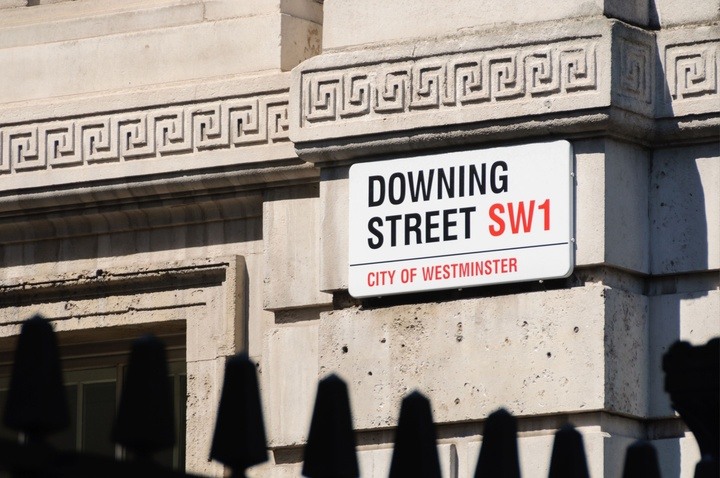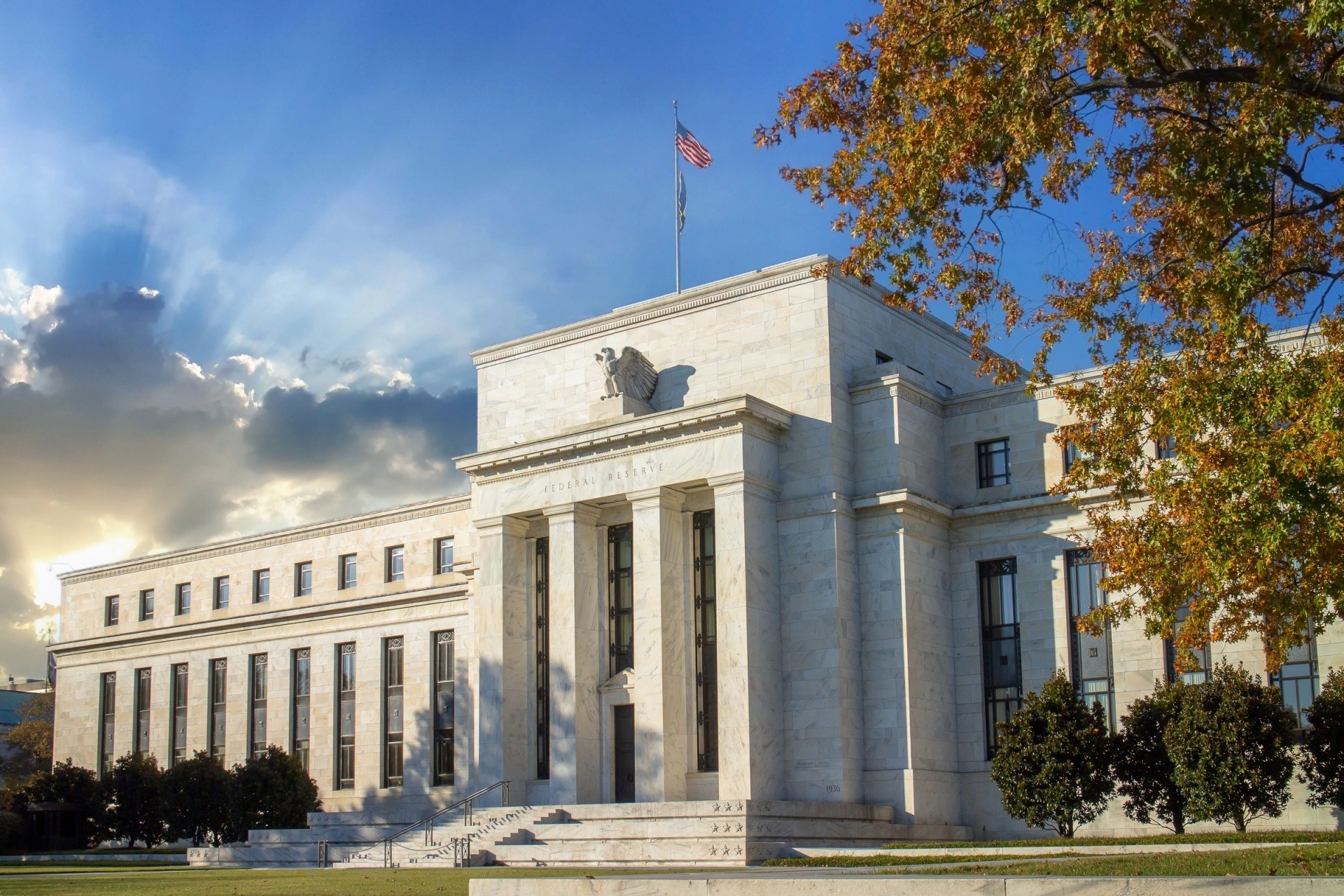Weekly Briefing: UK Wage Growth Trends, Employment Shifts, US Tariff Concerns, and Market Reactions to Trump’s Victory
In this week’s briefing, we delve into key updates on UK earnings growth, employment data, and potential trade challenges. Amid a slight cooling in wage growth and a minor dip in payrolled employment, we see some signs of economic stability.
We also explore US tariff threats that could pose risks for the UK economy, along with the market's sharp reaction to Donald Trump’s election win.
UK Employee Earnings and Employment Data
- Annual growth in UK employee earnings, excluding bonuses, reached 4.8% from July to September. This slight decline from 4.9% in the previous period signals a potential cooling in wage growth, but the numbers remain resilient.
- Due to a temporary civil service payment in July and August, total earnings (including bonuses) increased by 50 basis points, from 3.8% to 4.3%. While temporary, such boosts illustrate how sector-specific actions can momentarily enhance the broader earnings picture.
- Usually resulting in wage growth decline over time, the number of paid employees fell slightly, by 9,000 from August to September, but overall, the year from September 2023 shows a net gain of 136,000 employees.
- As a result of these employment dynamics, the employment rate for those aged 16 to 64 currently sits at 74.8%. Though little changed from last year, it reflects sustained levels of employment without drastic downturns.
- The gradual unemployment increase, now at 4.3% for the latest quarter, hints at economic adjustments potentially influencing employment stability but is not yet indicative of any major upheavals.
- Lindsay James, investment strategist at Quilter Investors, commented on the trends, saying, “Wage growth has been a real sticking point for the Bank of England...we are likely to see a marked slowdown in the coming months,” underlining that the central bank remains vigilant about wage and inflationary pressures.
UK Economy Challenges Amid US Tariff Threats
- Concerns over potential trade conflict between the US and the UK have emerged as Donald Trump plans to impose new tariffs on imports, with tariffs reaching 60% on Chinese goods and 10-20% on all imports. These proposed tariffs have raised serious concerns about the economic impact on the UK, especially if a trade war ensues.
- Because of these tariff risks, Liam Byrne, the senior Labour chair of the Commons Business Committee, has warned that the UK could face a “doomsday scenario.” He predicts the tariffs could elevate inflation, raise interest rates, and negatively affect economic growth in the UK, should the conflict intensify.
- The National Institute of Economic and Social Research has reinforced this extreme claim, suggesting the tariffs could reduce the UK’s economic growth rate by half.
- In response to the looming threat, Byrne recommended that the British government use concerns around national security and US defences to advocate against such tariffs. The goal, he suggests, would be to mitigate some of the tariffs’ negative effects on the UK by appealing to Trump’s defence priorities.
- These tariff threats come at a particularly sensitive time for UK manufacturers, as seen in last week's briefing. Marco Forgione of the Chartered Institute of Export and International Trade expressed concern that escalating tariffs could create “a very challenging market” for UK exporters. As demand for British goods rises in the US, any further trade obstacles could undermine these gains.
- “If you needed yet another reason for the UK to join the EU – here it is,” stated Dr. Mike Galsworthy, chair of European Movement UK, underscoring the potential impact of Trump’s trade policies on the UK’s stance on EU relations.
US Market Reactions to Trump’s Election Win
US Stocks
- Following Trump’s win, US stocks rallied sharply, with the S&P 500 index up by 2.5% and the Dow Jones soaring by 3.6%. Because of optimism about Trump's policies, industries expecting regulatory and tax cuts saw the most gains.
- Banks were among the strongest performers due to anticipated lighter regulations and reduced tax rates, both of which are expected to drive expansion in the financial sector.
- This optimism extended to specific stocks, with Tesla rising 8.4%, buoyed by investor belief that Trump’s policies will create a favourable environment for tech firms close to his administration.
- Alongside this, speculation about potential mergers and acquisitions, including a rumoured Cigna-Humana merger, fueled more stock activity. As a result, Cigna’s shares rose by 6.4%, though Humana’s fell by 4.2% after Cigna denied the merger.
- In addition, cryptocurrency stocks saw some of the largest gains with coin base ($COIN) soaring well over 50% and crypto miner Marathon Digital Holdings ($MARA) seeing just under 50% gains.
- Peter Esho of Esho Capital explained, “The markets are scrambling to figure out what happens next...pricing in a higher growth and higher inflation outlook,” reflecting the rapid adjustment in market sentiment.
Cryptocurrency
- Bitcoin (BTC) surged over 80% reaching just shy of $90,000 following Trump’s victory, driven by his campaign promises to make America a “crypto capital,” which has generated confidence in digital assets.
- Elon Musk, a prominent Trump supporter and Bitcoin advocate has long advocated for cryptocurrency, adding to already high investor confidence in the market.
- The strong post-election rally suggests investors expect crypto-friendly policies and support from Trump’s administration, drawing additional interest and investment into digital currencies.
- This surge was not unique to BTC within the crypto world, with many major coins seeing equal or higher gains, as is often the case when BTC sees such gains.
US Dollar
- The US dollar index rose 0.7% to reach its highest level in a year, fueled by expectations that Trump’s trade policies will strengthen the dollar, but crucially may weaken other major currencies, such as the euro and yen.
- The Federal Reserve’s recent interest rate cuts, with another 0.25% reduction following a previous half-point cut, also bolstered the dollar, as a lower borrowing cost generally encourages economic growth.
- Hedge funds, asset managers, and other large investors held bullish dollar positions amounting to $17.6 billion before the election results, demonstrating a clear shift in sentiment towards the dollar as Trump’s policies unfolded.
- Paresh Upadhyaya from Amundi US noted, “The market is finally beginning to take the risks of tariffs...more seriously,” suggesting that the dollar’s rally may continue as trade dynamics shift under Trump’s influence.
Final Note
Overall, while the current global political environment poses certain risks for many, the opportunities presented by a more favourable interest rate climate and government support initiatives could lay the groundwork for renewed growth in the UK economy.
The potential tariffs introduced by the US carry risks not only for the UK but for global economies. This scenario may present the UK with an opportunity to deepen ties with Europe, potentially driving further demand for British goods within the EU market.
While U.S. stocks and crypto markets saw remarkable gains following Trump’s election, investors should approach the markets with caution. With further short-term growth possible, there is high potential for profit-taking, which could trigger a larger market retracement. However, in the longer term, further growth is likely.
Overall, while risks are present, strategic responses by UK businesses and investors could support longer-term growth in the face of economic shifts and uncertainty.
%20(3)%20(2).jpg)







